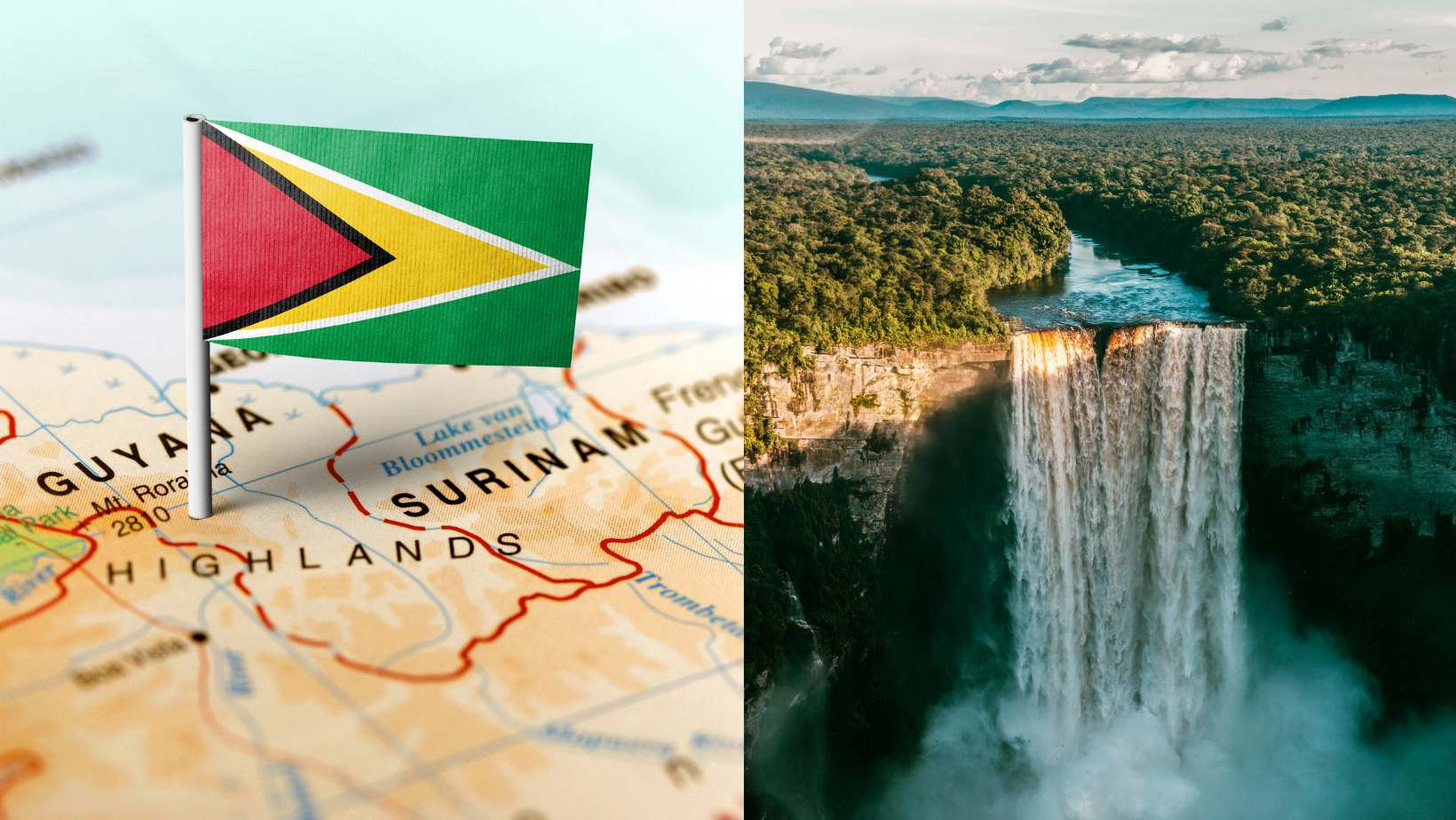On August 1, 2024, the vibrant South American nation of Guyana will once again commemorate a pivotal moment in its history: Emancipation Day. This annual observance marks the abolition of slavery in Guyana and serves as a powerful reminder of the country’s complex past and the enduring spirit of its people. As the only English-speaking country in South America, Guyana’s Emancipation Day celebrations offer a unique blend of Caribbean and South American cultures, creating a rich tapestry of remembrance, reflection, and jubilation.
The Historical Significance of Emancipation Day
To understand the importance of Emancipation Day in Guyana, we must delve into the country’s tumultuous history:
- 1600s: The Dutch West India Company introduces slavery to Guyana, with thousands of enslaved Africans forced to work on sugar plantations.
- 1823: A significant slave rebellion involving about 13,000 enslaved people creates momentum for the abolition movement.
- 1833: The British Empire passes the Slavery Abolition Act, largely due to the efforts of William Wilberforce.
- August 1, 1834: The Slavery Abolition Act takes effect in Guyana, but only for children under six.
- August 1, 1838: Full emancipation is finally achieved, marking the birth of Emancipation Day.
This day represents not just the end of a brutal system, but the beginning of a new chapter for the Guyanese people, particularly those of African descent.
The Journey from Emancipation to Nation-Building
The road following emancipation was far from easy for the newly freed Africans in Guyana. Faced with numerous challenges, they demonstrated remarkable resilience and ingenuity:
- Community Building: With no established support systems, former slaves pooled resources and formed cooperatives.
- Economic Development: They worked to create new economic opportunities, gradually improving living conditions and incomes.
- Cultural Preservation: Despite being far from their ancestral lands, they maintained and adapted their cultural practices.
- Political Engagement: Over time, they became increasingly involved in shaping Guyana’s political landscape.
These efforts laid the foundation for modern Guyana, contributing significantly to its unique cultural identity.
Celebrating Emancipation Day in Guyana
Emancipation Day in Guyana is a vibrant affair that combines solemn remembrance with joyous celebration. Here are some ways the day is observed:
1. Cultural Festivals
Cities and towns across Guyana host festivals showcasing African and Afro-Guyanese music, dance, and cuisine.
2. Educational Programs
Schools and community centers organize events to teach about the history of slavery and emancipation in Guyana.
3. Religious Services
Many Guyanese attend special church services or participate in traditional African spiritual ceremonies.
4. Parades and Processions
Colorful parades featuring traditional costumes and music wind through the streets of Georgetown and other cities.
5. Family Gatherings
Many families use this day for reunions, sharing stories and passing down traditions to younger generations.
The Broader Significance of Guyana’s Emancipation Day
Emancipation Day in Guyana is part of a larger Caribbean and global narrative:
- Regional Solidarity: It’s celebrated on August 1 across English-speaking Caribbean countries, fostering a sense of shared history and culture.
- Global African Diaspora: The day connects Guyana to the worldwide community of people of African descent.
- Human Rights Awareness: It serves as a reminder of the ongoing global fight against all forms of slavery and oppression.
- Cultural Diversity: The celebrations highlight Guyana’s unique mix of African, Indigenous, European, and Asian influences.
Fascinating Facts about Guyana
As we celebrate Emancipation Day, let’s appreciate some intriguing aspects of Guyana:
- Linguistic Uniqueness: Guyana is the only English-speaking country in South America.
- Cooperative Spirit: The country’s official name, “Co-operative Republic of Guyana,” reflects the historical importance of cooperatives in its development.
- Natural Wonders: Despite its small size, Guyana boasts vast rainforests and is home to one of the world’s largest single-drop waterfalls, Kaieteur Falls.
- Cultural Exports: Guyana has contributed to global popular culture, including actors like Peter Davison, known for his role as the fifth Doctor in “Doctor Who.”
- Demographic Distribution: Due to its geography, most of Guyana’s population is concentrated in coastal areas, with the interior being largely rainforest.
Conclusion
Emancipation Day in Guyana is far more than a historical commemoration. It’s a celebration of freedom, resilience, and the indomitable human spirit. It honors the struggles and triumphs of those who endured slavery and fought for freedom, while also looking forward to a future of continued progress and equality.
As Guyana observes Emancipation Day on August 1, 2024, it invites the world to reflect on the universal values of liberty, dignity, and human rights. Whether you’re in Georgetown, Guyana, or anywhere else in the world, take a moment to appreciate the significance of this day and the ongoing journey towards true equality and freedom for all.
